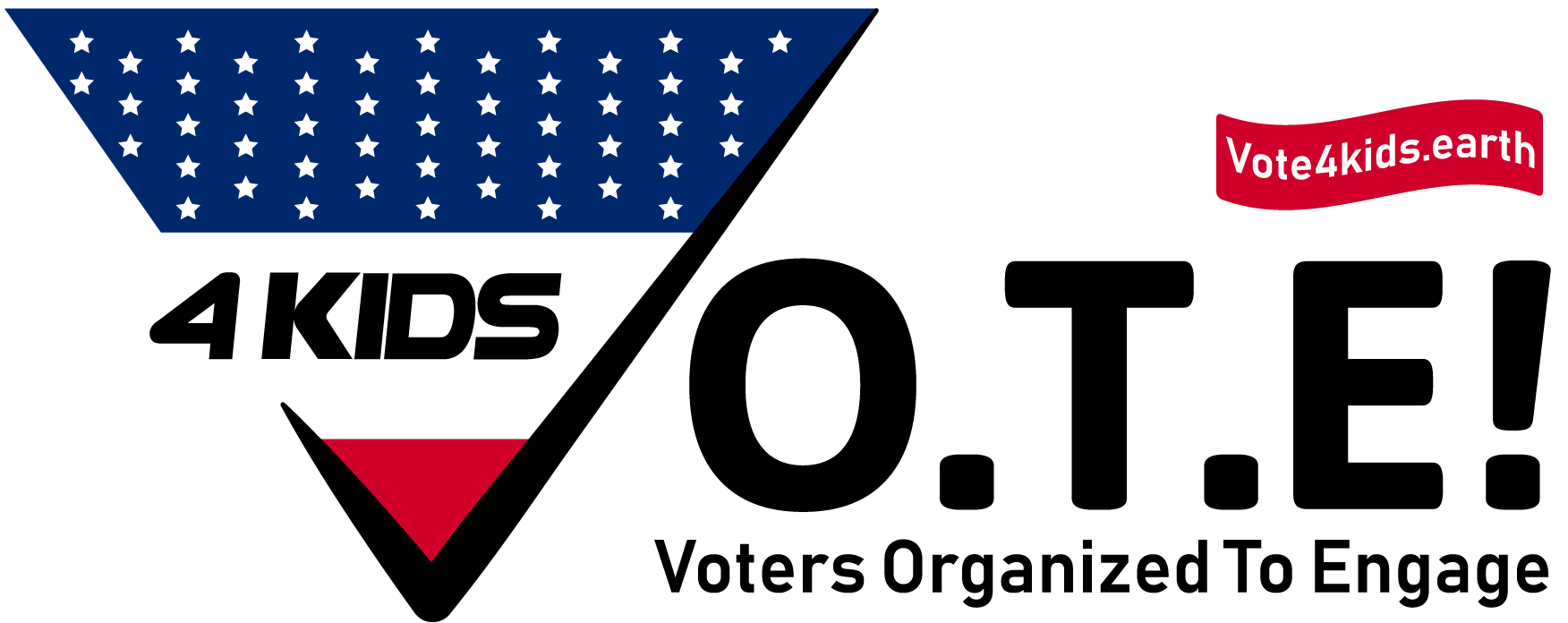The Hidden Impact of Tax Burdens on Children's WellBeing
Taxes often feel like a topic meant for adults, but they have a profound and often overlooked impact on the lives of children. In this article, we'll delve into how tax burdens can directly affect the well-being of children in general, transcending geographical boundaries. Firstly, taxes play a crucial role in funding public services, many of which directly benefit children. These services include education, healthcare, and social programs. When taxes are insufficient or misallocated, the quality of these services can suffer, affecting the educational opportunities, physical health, and social support available to children. In some cases, budget cuts may lead to overcrowded classrooms, reduced access to vital healthcare services, or limited support for low-income families, ultimately affecting children's development and future prospects.
Squeezed Family Budgets
High tax burdens can leave families with less money to cover their children's essential needs. When a significant portion of a family's income goes toward taxes, it can strain their ability to provide basics like nutritious food, clothing, and educational materials for their kids.
Education Quality
Tax revenue is a critical source of funding for public education. When taxes are low, schools may struggle to provide a high quality education for children. Insufficient funding can lead to overcrowded classrooms, outdated textbooks, and limited extracurricular activities, negatively impacting children's educational experiences.
Healthcare Access
Taxes support healthcare programs that provide children with access to vital medical services. High tax burdens can ensure robust healthcare programs, while lower tax revenue might result in cuts to healthcare services, reducing children's access to essential medical care.
Childcare Affordability
Tax credits and subsidies can make childcare more affordable for working parents, enabling them to balance work and family life.High tax burdens might lead to fewer resources available for such programs, making it challenging for parents to find quality and affordable childcare options.
Impact on LowIncome Families
Many low income families rely on public services supported by tax revenue. Reduced tax revenue can lead to scaled back services, disproportionately affecting low income families and their children who depend on these services for their wellbeing.
Limited Economic Opportunities
Tax policies can shape the broader economic environment, potentially leading to job losses and fewer job opportunities for parents. When parents face economic challenges, children may experience instability and stress within their households.
Reduced Social Services
Taxes play a crucial role in funding various social services, including food assistance programs, housing support, and child protective services. Lower tax revenue can lead to reduced support for families in need, potentially putting children at risk in vulnerable situations.
In conclusion, tax burdens have a profound and often unnoticed impact on children's lives. High taxes can strain family budgets and limit access to quality education, healthcare, and childcare. Children from low income families are particularly vulnerable to the consequences of tax policies, as they often rely heavily on public services supported by tax revenue.
Understanding these effects is essential for both policymakers and citizens. When making decisions about tax policies, it's crucial to consider how they directly affect the lives of children everywhere. Taxes are not just about numbers; they are about the wellbeing and future of our children, and that's a responsibility we should all take seriously.
